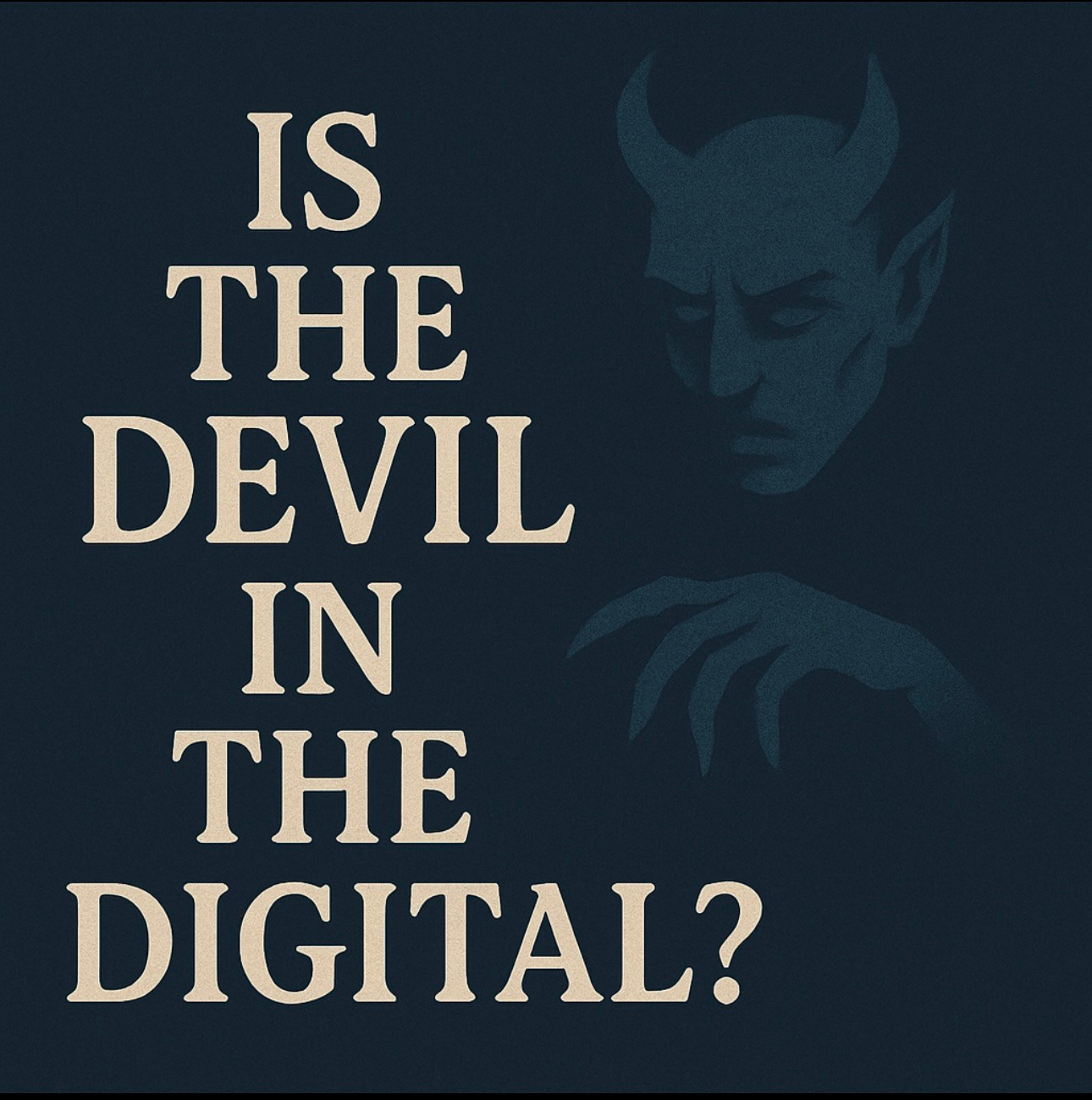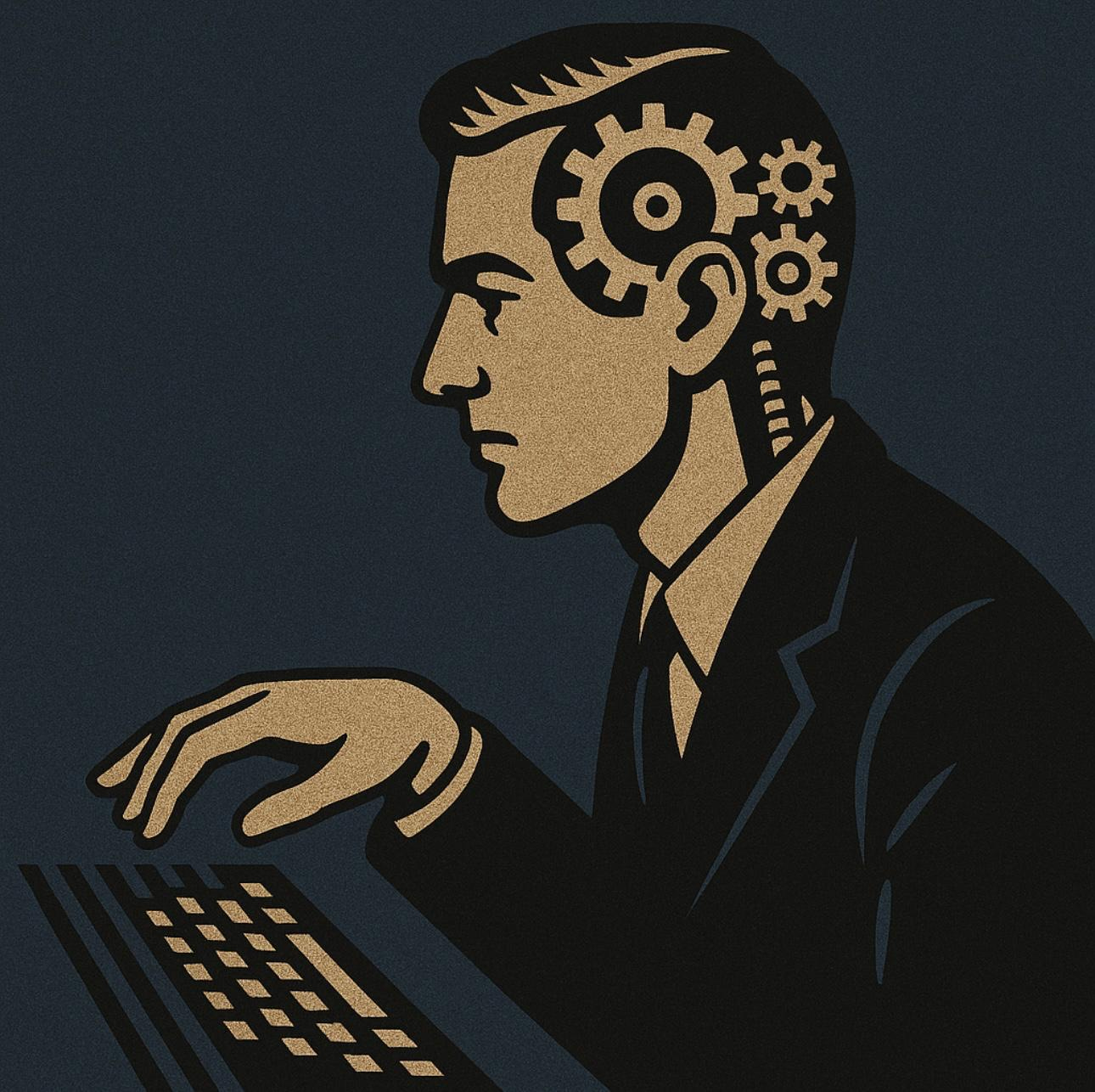Is the Devil in the Digital?
Word is that the new successor to Saint Peter is alert both to the fakery and exaggerations of AI as well as to the spiritual hazards that come with our increasing dependency on it.
As Catholics we embrace the supernatural. Which is to say we reject naturalism – the claim that everything is explicable by the physical sciences. We accept that science, while true, is incomplete. Some things are mysterious, and this is good. We can’t know everything because we aren’t made to. God sometimes whispers to us in the idiom of mystery.
Within reason, so to speak, as we aren’t keen on superstition. And few are as superstitious as the AI pagan evangelists, with their strange belief that if you simulate consciousness well enough it somehow becomes the real thing.
It's been said before that the only real thing about artificial intelligence is the “artificial” bit, and that the rest is conjury. It's worse than that though. Machines will never be conscious, but there is still the possibility that if we hang out with them too much, we come to deny our created nature and try to be like them.
There's a chance that those evangelists end up selling high-tech Ouija boards to the spiritually unwary.
Back in the mists of time, between the fall of the Berlin Wall and the reclamation of the Ashes by Michael Vaughan, I did research in this area, specifically on that strange space where the philosophy of mind intersects with the cognitive sciences. I thought then as I do now that the philosopher John Searle had put the “strong AI” nonsense to bed in a paper he published in 1980 Minds, Brains and Programs.






